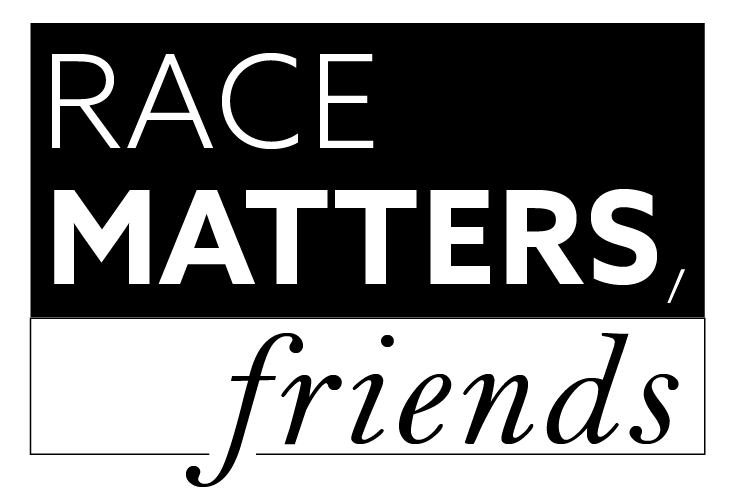In years of discussions about community policing, two competing concerns tend to arise: Does the Columbia Police Department need to change the way it thinks about and practices community policing? Or does the department need increased funding to hire more officers? More officers would mean more time devoted to forging connections in neighborhoods, the argument goes.
At an NAACP meeting on Tuesday, Sgt. Robert Fox, the department’s new leader on community policing, said that while resources are still needed, the department should still focus on how it practices community policing. To be successful, the department needs to prioritize collaboration within the community, he said
“Generally, people are talking about philosophy within the department,” Fox said. “If the department is oriented towards working in partnership, problem-solving, etc., that would be community-oriented policing.”
About 25 people, including three members of the Columbia City Council, gathered at the meeting at Second Baptist Church to talk to Fox about community policing, the success of the Community Outreach Unit and use of force by officers. City Manager Mike Matthes, Police Chief Ken Burton, and Columbia NAACP President Mary Ratliff were also in attendance.
However, not all attendees were satisfied with Fox’s discussion.
“You haven’t defined community policing,” one attendee said. “You haven’t defined its goals and you certainly haven’t defined its overall principles.”
Matthes said Fox’s role is to figure out what community policing should look like in Columbia.
“We’re not going to tell you what community policing is,” he said. Defining effective community policing should come from the community, he said.
However, discussions regarding how to define community policing have been happening in Columbia for several years, starting with recommendations from the Mayor’s Task Force on Community Violence in 2014. The City Council called for a public review of community policing in February 2017 and passed a resolution to bring about a public conversation on how to move forward. Fox was appointed this past February.
Attendees also emphasized that the department’s Community Outreach Unit officers should be active players in efforts to adopt community-oriented policing. Attendees said the unit’s work has been important within the neighborhoods they work. Fox said one of the first meetings he had after being appointed to the position was a question-and-answer session with the Community Outreach Unit to ask them about their experiences.
Fox is working to prepare a report on community policing, as requested by the City Council, and he hopes to reach out to community members to inform his writing of the report. However, when a community member asked for a timeline for when community policing would be implemented, Fox was not able to specify. He said he has no authority in the implementation of community policing.
“This report I’m working on goes back to the council,” he said. “From there on, it becomes a lot more vague.”
He said the report has to be submitted to the council by the Aug. 31 deadline, but that community policing could take years to implement, based on what he’s seen from other cities’ efforts.
Attendees at the meeting also raised concern with what they see as the use of force within the Columbia Police department. They objected to the way the SWAT team deals with high-intensity situations, such as drug raids.
Police Chief Ken Burton responded that there is no “use-of-force problem” within the department and that policies are in place to make sure officers’ responses to situations are appropriate. But, when an NAACP member referred to certain videos to back up claims of use-of-force, Burton said it was just an “opinion” that force was used in those situations.


